Watermelon seeds are not only safe to eat, but they’re also surprisingly nutritious. Remember those childhood tales about sprouting a watermelon in your stomach? Just myths! Both black and white seeds are perfectly edible and won’t harm you at all—they even taste pretty good, especially when roasted. These little seeds are packed with protein, healthy fats, magnesium, and iron, offering some real health benefits when enjoyed in moderation. Just keep in mind that overconsumption might lead to some digestive discomfort because of their fibre content, but a handful mixed with your fruit or added to snacks is fine.
Table of Contents
- Introduction
- Nutritional Profile of Watermelon Seeds
- Health Benefits of Watermelon Seeds
- Ways to Eat Watermelon Seeds
- Roasted and Salted
- Sprouted
- Watermelon Seeds Flour
- Salads
- Trail Mixes
- Smoothies
- Seed Butter
- Health Risks and Considerations When Consuming Watermelon Seeds
- Storage and Safety of Watermelon Seeds
- Conclusion
- Frequently Asked Questions
Nutritional Profile of Watermelon Seeds
Watermelon seeds are a nutritional powerhouse. They’re rich in plant-based protein, healthy fats, and essential minerals like magnesium, iron, zinc, and phosphorus. A single ounce (28g) serving packs around 8g of protein, 13g of mostly unsaturated fat, and 2mg of iron. They also provide B vitamins like thiamin, niacin, and folate, along with trace amounts of copper, manganese, and calcium. With their antioxidants, polyphenols, and arginine, these seeds really enhance their health perks. Plus, they’re low in sugar, making them a significant choice for a healthy snack, whether you roast them or let them sprout.
Health Benefits of Watermelon Seeds
- Watermelon seeds are a treasure trove of magnesium, crucial for supporting muscle and nerve health, enhancing bone strength, and aiding metabolic processes. With their decent magnesium levels, these seeds can help maintain balanced energy and promote relaxation, making them a great addition to a healthy daily routine.
- Iron, which is abundant in watermelon seeds, is essential for the synthesis of red blood cells and the movement of oxygen. It can provide a pleasant boost to your endurance and energy levels. A handful of these seeds can offer a tiny but essential amount of the iron you need each day to keep your blood functioning properly.
- Monounsaturated and polyunsaturated beneficial fats, which are plentiful in watermelon seeds, minimise "bad" cholesterol and promote heart health. When included in a balanced diet, these plant-based lipids may improve cardiovascular protection and lower the risk of stroke.
- Watermelon seeds are abundant with antioxidants that help combat oxidative stress, which can reduce cell damage and potentially lower the risk of chronic diseases. They contain beneficial compounds such as phenolic acids and polyphenols, known for their anti-inflammatory effects that support long-term health.
- Watermelon seeds pack a punch when it comes to zinc, a vital mineral that supports your immune system, helps wounds heal, aids digestion, and keeps your senses sharp. By regularly consuming these seeds, you enhance your immunity, enjoy refined taste experiences, and support your overall metabolic health.
- Rich in protein, watermelon seeds play a vital role in building and repairing tissues, offering amino acids that support muscle health. Their plant protein also promotes a feeling of fullness, making them a healthy snack choice for vegetarians and vegans alike.
- Loaded with B vitamins like niacin and folate, watermelon seeds help boost energy levels and support the health of your brain and nervous system. These vitamins are necessary for processes such as cell division, DNA repair, and maintaining mental clarity.
- Watermelon seeds are great for your digestive health. They’re rich in dietary fibre and some beneficial compounds that can help keep your digestion on track. These seeds can regulate digestion, serve as a gentle diuretic, and promote regular bowel movements, all of which contribute to a healthier gut and help prevent constipation.
Ways to Eat Watermelon Seeds
Roasted and Salted
Watermelon seeds are a tasty treat when roasted and salted, offering a satisfying crunch similar to that of sunflower seeds. Just toss them in a bit of oil and your favourite spices, roast them until they’re nice and crispy, and you can sprinkle them over salads, soups, yogurt, granola, and smoothies. If you’re feeling adventurous, you can also grind the seeds into a powder to mix into shakes or use in your baking for an extra boost of nutrition.
Sprouted
Sprouted watermelon seeds are not just nutritious; they’re also a delicious snack option! Packed with enzymes and nutrients, these little gems are easy to prepare. You can munch on these sprouts raw, toss them into salads, or blend them into smoothies for a quick health boost. Sprouting also makes them easier to digest and helps your body absorb more nutrients. If you’re looking for a different texture, try lightly roasting the germinated seeds for added crunch and flavour while still keeping their health benefits.
Watermelon Seeds Flour
You can actually grind watermelon seeds into flour, which is a great gluten-free and protein-rich ingredient for your baking adventures. This flour adds a nutritional boost to your pancakes, cookies, and breads by incorporating protein, healthy fats, and minerals, and also offers a gentle nutty flavour that enhances the texture without overwhelming your recipes. It’s incredibly versatile and packed with nutrients, making watermelon seed flour a perfect choice for those looking to add a wholesome twist to their culinary creations while utilising every bit of these tiny seeds.
Salads
Adding watermelon seeds to your salads not only gives them a satisfying crunch but also boosts their nutritional value. For an extra kick, try roasting the seeds with a sprinkle of salt before tossing them onto your fresh salads. This easy addition not only enhances the texture but also packs in protein, healthy fats, and essential minerals. Whether you’re adding them to a refreshing summer fruit salad or a vibrant mix of greens, watermelon seeds are a tasty and healthy topping that’s definitely worth experimenting with.
Trail Mixes
Watermelon seeds are a fantastic and crunchy addition to your trail mix. Pair them with nuts like almonds and walnuts, toss in some dried fruits like raisins or cranberries, and sprinkle a little salt for a snack that’s both energising and well-balanced. Roasting the seeds beforehand really brings out their flavour and adds an extra crunch. The healthy fats, protein, and minerals in watermelon seeds complement the other ingredients, making your trail mix both tasty and healthy for you.
Smoothies
Blending watermelon seeds into your smoothies is a clever way to elevate the nutrition without altering the taste. Toss in whole or ground seeds to your go-to smoothie recipes for an extra boost of protein, healthy fats, and essential minerals. They mix beautifully with fruits like watermelon, berries, bananas, and leafy greens. If you roast or sprout the seeds beforehand, it can make them easier to digest.
Seed Butter
Watermelon seed butter is a nutritious spread rich in protein, healthy fats, and essential minerals like magnesium, iron, and zinc. It’s a great source of omega-3 fatty acids, which are fantastic for your heart and brain health, plus it’s packed with antioxidants that help fight inflammation and keep your skin looking vibrant. You can slather it on toast, blend it into smoothies, or use it as a dip for a quick and easy nutrition boost that’s creamy, delicious, and super versatile for your everyday meals.
Health Risks and Considerations When Consuming Watermelon Seeds
- Overindulging in watermelon seeds can lead to some digestive discomfort due to their high fibre and fat levels. Eating them in large quantities might also irritate your throat. Additionally, there's a choking hazard for small children, and those with sensitive stomachs or allergies should be careful and enjoy these seeds in moderation.
- Studies conducted on rats reveal that including watermelon seeds in their diet at a rate of 2.5-5% over several weeks leads to some harmful effects, particularly on kidney health and male reproductive health. Increased serum markers hint at possible kidney strain. It suggests that it’s wise to be cautious and moderate when incorporating large quantities into the diet.
- Children should avoid munching on large amounts of watermelon seeds because they can be a choking hazard. Those seeds are slippery, which can be tricky for little ones who are still mastering their swallowing skills. Consider taking out the seeds for toddlers and infants to keep things safe.
Storage and Safety of Watermelon Seeds
To safely store watermelon seeds, let them dry completely for 1 to 2 weeks in a shaded area with good airflow to prevent mold. Use airtight containers, like glass jars or seed envelopes, to keep humidity low and shield them from moisture. Store your seeds in cool, dark locations, like climate-controlled cabinets or refrigerators. Adding silica gel packets can help absorb any excess moisture. When stored correctly, watermelon seeds can last for up to five years with little loss in quality.
Conclusion
You can safely enjoy watermelon seeds and have some impressive nutritional perks. They’re rich in protein, healthy fats, vitamins, and key minerals like magnesium and iron. These seeds can help with heart health, provide a boost of energy, and aid in digestion. Just keep in mind that moderation is essential; eating too many can result in digestive issues because of their high fibre and fat content. If you roast, sprout, or grind the seeds, they become even easier to digest and tastier too. Overall, watermelon seeds are a great, nutritious, and versatile addition to your diet.
Frequently Asked Questions
Are watermelon seeds safe to eat?
Watermelon seeds are not only safe to consume but also loaded with nutrients. They can really boost your energy levels and support your heart and digestive health. Just remember that moderation is key; overeating might lead to some digestive issues. Roasting or sprouting the seeds can really bring out their flavour and make them easier to digest.
Are they nutritious?
Watermelon seeds are actually quite nutritious! They’re plentiful with protein, healthy fats, and essential minerals like magnesium, iron, and zinc. Moreover, they contain B vitamins and antioxidants that help with metabolism and skin health. Adding them to your meals is a tasty and easy way to enhance your nutrition.
Do watermelon seeds cause digestive problems?
Eating too many watermelon seeds can lead to some digestive issues because they’re abundant in fibre and fat. If you overindulge, you might experience bloating, gas, cramps, or even diarrhoea. If you have a sensitive stomach or conditions like IBS, it’s best to be careful or skip them altogether.
Is it true that swallowing seeds will grow a watermelon inside?
You don’t have to worry about swallowing watermelon seeds and growing a fruit garden in your stomach. That’s just a myth. For seeds to sprout, they need soil, sunlight, and water, which are not available in the human body. The seeds won't harm you as they travel through your digestive system.
What is the difference between black and white seeds?
Black watermelon seeds are fully mature and ready to sprout into new plants. In contrast, white seeds are still in the early stages of development, softer, and often seen in seedless varieties. You can eat both without worrying, but black seeds offer a nuttier flavour, while white seeds are less noticeable.
What are some ways to eat watermelon seeds?
Watermelon seeds are versatile as you can munch on them raw or roasted. Sprinkle them on salads or toss them into trail mixes for an extra kick. If you grind them into flour or blend them into smoothies, you’ll boost your nutrition game. Additionally, they are straightforward to stomach after sprouting.
Do watermelon seeds offer any health benefits?
Watermelon seeds are a treasure trove of nutrients, including protein, healthy fats, magnesium, iron, zinc, and B vitamins. They’re great for your heart, help boost your immune system, and even strengthen your bones. Plus, these little seeds contain antioxidants that can help combat inflammation, making them a delicious and nutritious addition to your meals.
Are watermelon seeds safe for children and pregnant individuals?
Watermelon seeds can be a safe snack for pregnant individuals when enjoyed in moderation. They’re a good source of essential nutrients that can help support a healthy pregnancy. However, for children, these seeds can pose a choking hazard, so it’s best to either remove them or keep a watchful eye during snack time.
Can watermelon seeds replace other seeds in recipes?
You can easily substitute watermelon seeds for other seeds in your recipes. They’re great roasted as a crunchy snack, tossed into smoothies, ground into flour for baking, or transformed into seed butters. With their mild, nutty flavour, they blend seamlessly into various dishes, making them a versatile and nutritious alternative in many recipes.
Are there any risks associated with prepackaged watermelon seed products?
While prepackaged watermelon seed products are generally safe, it's vital to be cautious about added salt or preservatives that could impact your health. Some products may contain chemical dyes, so it's best to opt for natural or organic options. Always read the labels for ingredients, and note that moderation is essential.
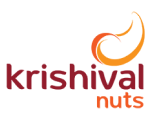

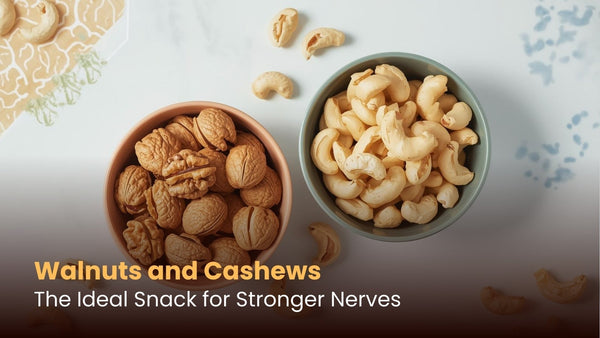
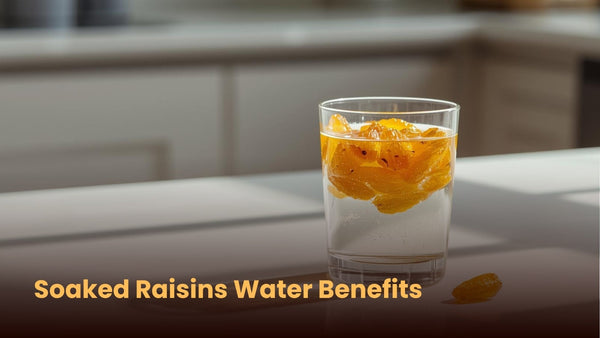
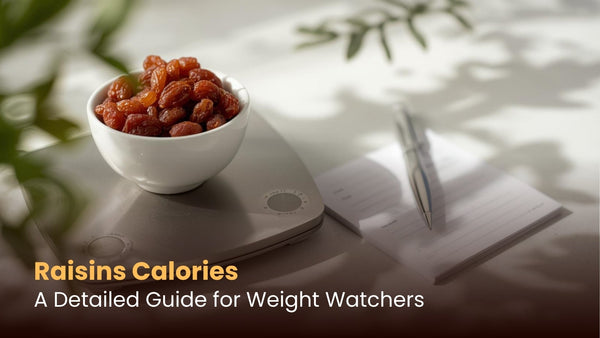
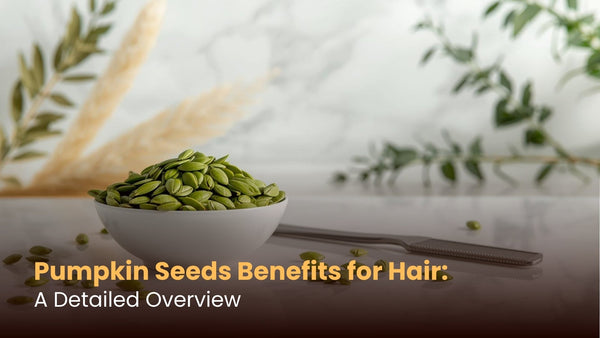
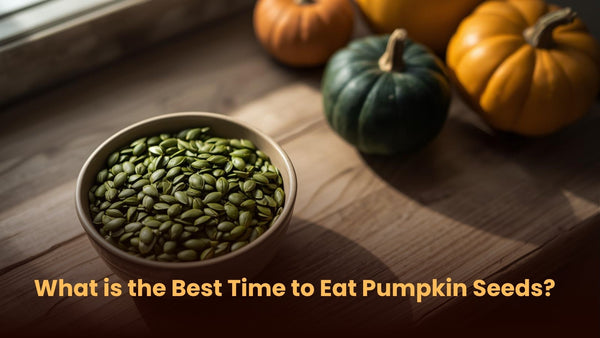
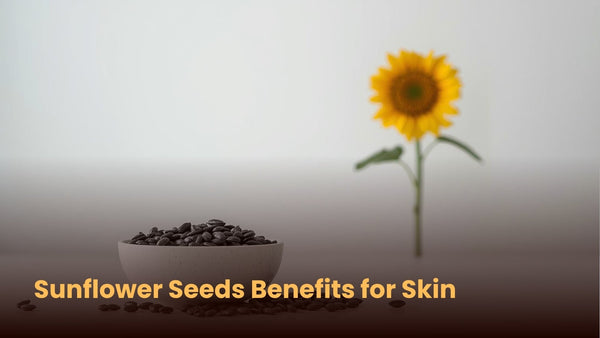
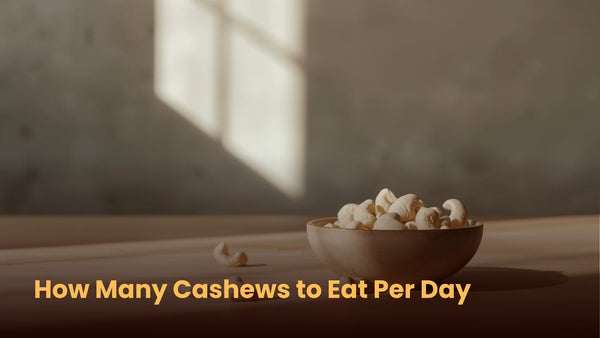
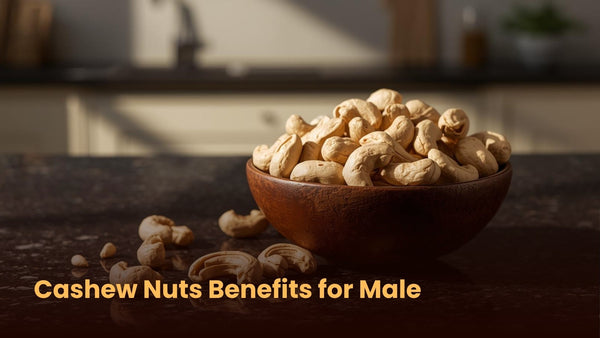
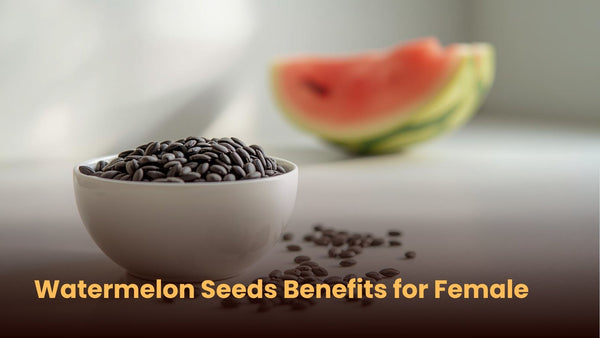
Share Your Thoughts